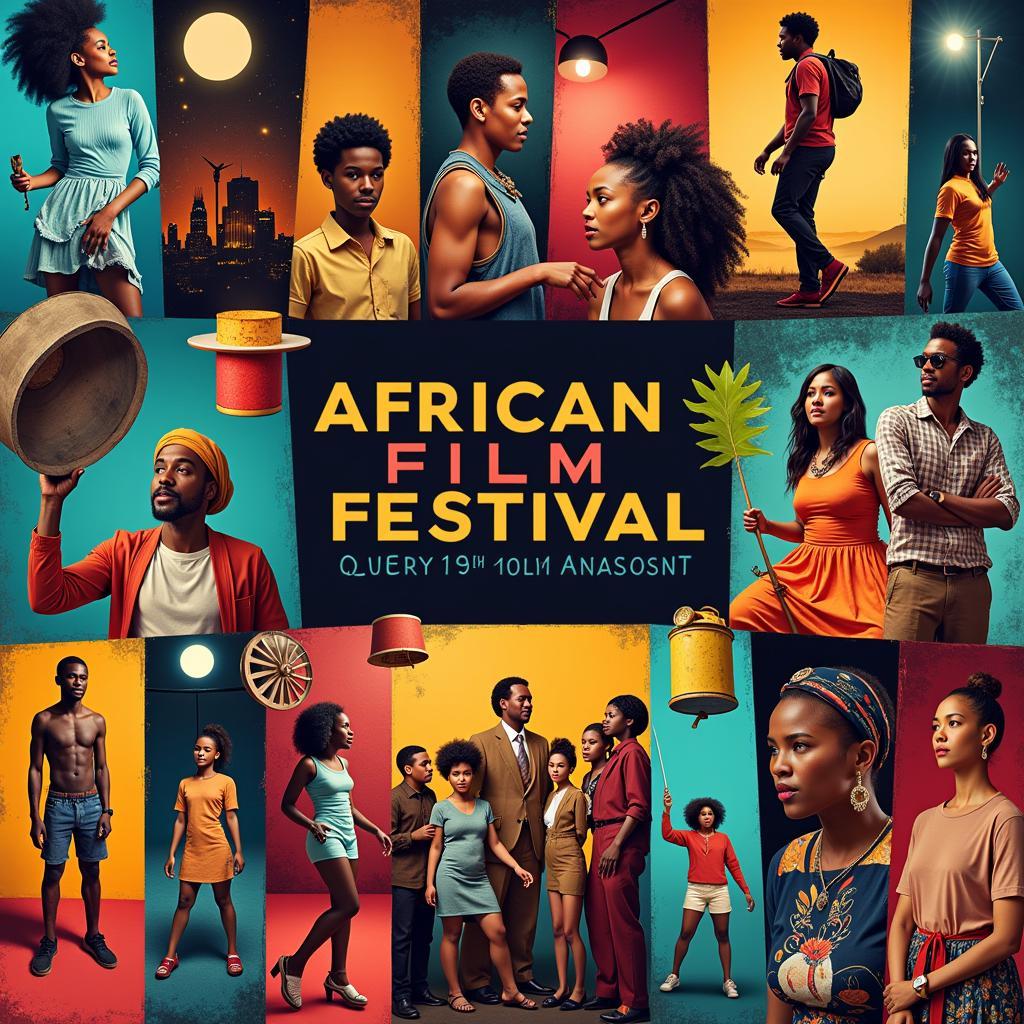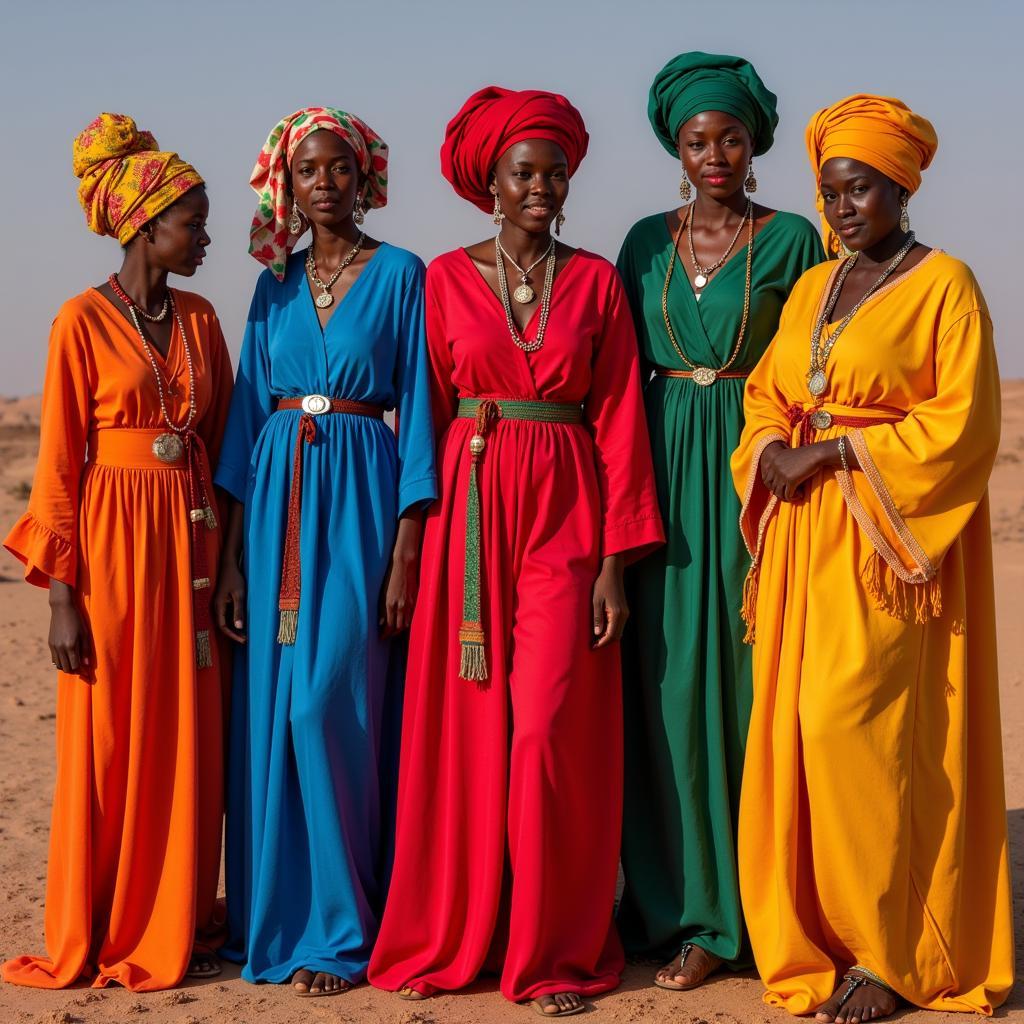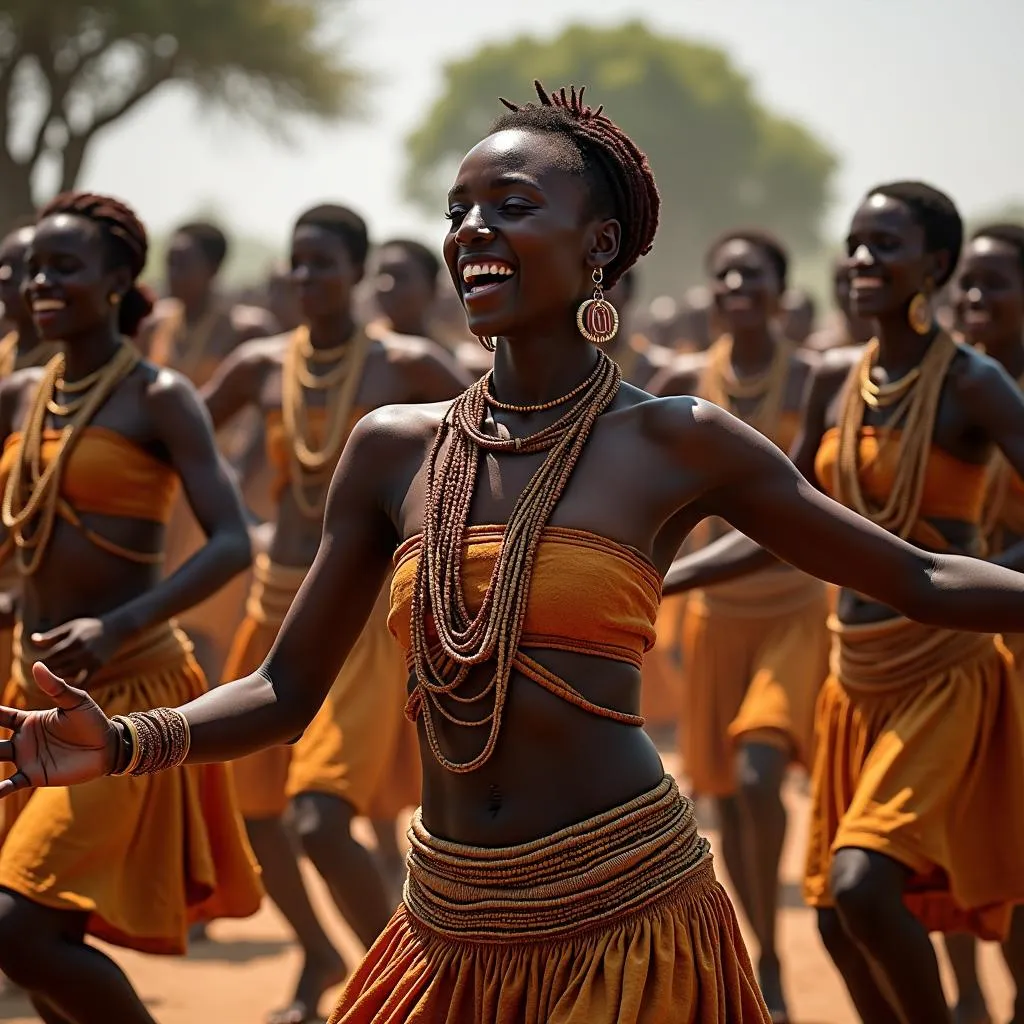Exploring the Vibrant World of African Cinema: A Focus on the Maghrib
African cinema, a diverse and captivating landscape, offers a unique lens through which to understand the continent’s rich history, vibrant cultures, and complex social realities. This exploration focuses specifically on the Maghrib region, encompassing countries like Morocco, Algeria, Tunisia, and sometimes Libya and Mauritania, revealing the compelling narratives and cinematic achievements that have emerged from this corner of Africa.
Unveiling the Cinematic Treasures of the Maghrib: A Rich Tapestry of Storytelling
The Maghrib, a region steeped in history and cultural nuances, has cultivated a distinct cinematic identity. From the early days of filmmaking to the contemporary scene, Maghrib cinema has tackled a wide array of themes, reflecting the region’s evolving socio-political landscape, its struggles for independence, and its ongoing quest for cultural identity. The films often explore themes of colonialism, identity, family dynamics, and the challenges faced by marginalized communities.
The Pioneers of Maghrib Cinema: Laying the Foundation for Future Generations
The history of African cinema in the Maghrib is deeply intertwined with the region’s political and social upheavals. Early filmmakers often used their craft as a tool for resistance and social commentary, documenting the struggles against colonialism and advocating for independence. These pioneering filmmakers laid the groundwork for a thriving cinematic tradition, paving the way for future generations of storytellers.
Post-Independence Cinema: Navigating New Realities and Exploring Identity
Following independence, Maghrib cinema entered a new era, grappling with the complexities of nation-building, identity formation, and the challenges of a post-colonial world. Filmmakers explored the social and political changes transforming their societies, often focusing on the tensions between tradition and modernity. This period witnessed the emergence of distinct national cinemas, each reflecting the unique experiences and perspectives of its respective country.
What are some common themes explored in post-independence Maghrib cinema? These themes often revolve around national identity, social inequalities, and the search for belonging in a rapidly changing world.
Contemporary Maghrib Cinema: A Global Voice, Amplifying Marginalized Narratives
Today, Maghrib cinema continues to flourish, gaining international recognition and contributing to the global cinematic landscape. Contemporary filmmakers are pushing boundaries, experimenting with new forms of storytelling, and tackling complex social issues with nuance and sensitivity. Many films from this region have garnered critical acclaim at international film festivals, showcasing the vibrant creativity and artistic talent of Maghrib filmmakers.
Key Figures in Maghrib Cinema: Directors Shaping the Narrative
Several influential directors have shaped the trajectory of Maghrib cinema, each contributing their unique vision and artistic style. These auteurs have garnered both national and international acclaim, pushing the boundaries of storytelling and offering compelling insights into the Maghrib experience.
- Moufida Tlatli (Tunisia): A pioneering female filmmaker known for her groundbreaking work exploring women’s experiences in Tunisian society.
- Merzak Belkacem (Algeria): A prominent figure in Algerian cinema, known for his realistic portrayals of Algerian society and his exploration of the Algerian War of Independence.
- Ahmed Bouanani (Morocco): A multifaceted artist and filmmaker who made significant contributions to Moroccan cinema, exploring themes of memory, identity, and the complexities of Moroccan history.
“Maghrib cinema offers a profound reflection of the region’s history, culture, and its people’s resilience,” observes Dr. Fatima El-Khouri, a renowned scholar of African cinema. “These films provide invaluable insights into the Maghrib’s unique journey, its struggles, and its triumphs.”
The Impact of Maghrib Cinema: A Catalyst for Social Change and Cultural Dialogue
Maghrib cinema has played a crucial role in fostering social change and cultural dialogue, both within the region and on a global scale. By amplifying marginalized voices and shedding light on pressing social issues, these films have sparked important conversations and challenged conventional narratives.
Conclusion: Embracing the Power of Maghrib Cinema: A Journey of Discovery
African cinema, particularly in the Maghrib, offers a compelling window into a world rich in history, culture, and artistic expression. From its early pioneers to its contemporary voices, Maghrib cinema continues to evolve, captivating audiences and challenging perceptions. Exploring the diverse narratives and cinematic achievements of this region is a journey of discovery, offering valuable insights into the human experience and the power of storytelling.
FAQ
- What countries are considered part of the Maghrib? Typically, Morocco, Algeria, Tunisia, and sometimes Libya and Mauritania.
- What are some common themes in Maghrib cinema? Colonialism, identity, family dynamics, social inequalities, and post-independence challenges.
- Who are some key figures in Maghrib cinema? Moufida Tlatli, Merzak Belkacem, and Ahmed Bouanani, among others.
- Where can I watch Maghrib films? Many are available at film festivals, online streaming platforms, and specialized DVD/Blu-ray distributors.
- Why is Maghrib cinema important? It offers valuable insights into North African culture, history, and social issues, fostering cultural dialogue and understanding.
- How has Maghrib cinema evolved over time? From early documentaries focusing on independence to contemporary films exploring complex social issues, it has shown remarkable growth and diversification.
- What is the future of Maghrib cinema? With increasing international recognition and a new generation of filmmakers, it is poised for continued growth and innovation.
Need more information on African Cinema? Check out our articles on Nollywood and other African film industries. Interested in African music? Explore our music section!
When you need assistance, please contact us: Phone: +255768904061, Email: [email protected], or visit our office at Mbarali DC Mawindi, Kangaga, Tanzania. Our customer service team is available 24/7.


